Trump's War on Temporary Protective Status
America's Betrayal of its Afghan Allies Continues
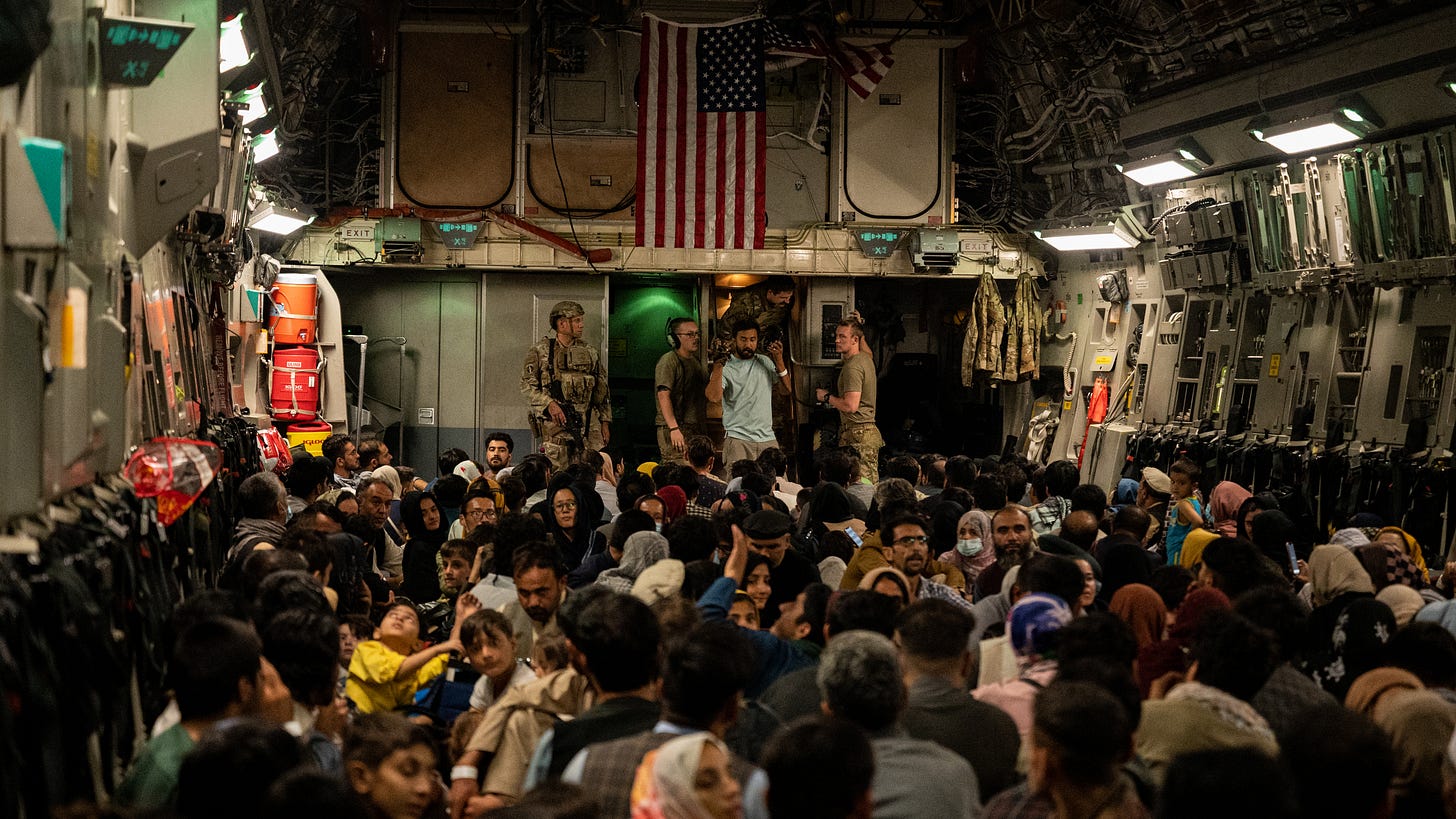
Nearly four years ago, the United States’ two-decade-long war came to a heartbreaking and unforgettable end. The deadly withdrawal from Afghanistan tragically turned into a triumph for terrorists worldwide, marking a day of somber celebration for forces that thrive on chaos and fear. It was—and is—an unforgettable day for thousands of Afghans who endorsed the U.S. mission in Afghanistan for decades and risked everything to accomplish it. August 2021 became a dark chapter in Afghan lives. For the thousands who managed to escape in 2021, in the blink of an eye, their reality remains suspended in a disheartening limbo, their hearts heavy with the pressing question:
“What lies ahead for them in the United States under the current administration after the termination of TPS—the Temporary Protected Status program for Afghans?”
Secretary of Homeland Security Kristi Noem announced that the administration had stripped the legal pathway—also known as legal protection—for thousands of Afghans in the United States, which we know will eventually lead to forced deportations. According to various sources, almost 10,000 Afghans reside in the United States under TPS. But what would happen if those Afghans were forcefully removed from a country they fought for, risked everything for, and lost family members for?
It’s one of the fundamental questions that Afghan veteran, author, and Middle East analyst Jason Howk beautifully answered in a recent interview with CNN. But I am here to discuss its cultural, religious, and traditional aspects.
Let’s agree to disagree with Secretary of Homeland Security Kristi Noem and the current administration's claim that there is no war in Afghanistan, the economy is stable, and nothing prevents Afghans from returning. I’m not here to debate that specific point. However, I will challenge the notion that the war is truly over—especially for those who stood with foreign allies—and that the economy is stable.
Does the Secretary understand that Afghanistan has a long and deeply rooted history—one that spans centuries—of targeting those who sided with outsiders? In this case, those who supported the United States and its mission. For them, the war never ended. In many local communities, aligning with foreign forces has always been expensive. That legacy continues today. The threat remains real for these individuals, and the war is far from over.
Many of Afghanistan's threats stem not from the war itself but from deep-rooted cultural and tribal traditions of revenge (انتقام or بدل). These traditions are deeply embedded in Afghan culture and often tied to concepts of honor (غرور or عزت), which are woven into the very fabric of Afghan society.
There is an old Afghan saying:
“If an Afghan comes after someone for revenge—even after a decade—it’s still considered early.”
“Revenge is certain. If not today, then tomorrow.”
This means that revenge runs deep in Afghan communities and can last for generations. Those who supported Americans over the past two decades remain targets to this day. With no American presence on the ground—at least as far as the public is concerned—the Taliban and their families will seek revenge if these individuals are deported back to a country now ruled by a brutal regime. If the current administration does not reverse this shameful decision, it could lead to long-standing blood feuds. These are not just words—they carry serious consequences.
I urge the Secretary of Homeland Security to take a moment and read about the story of the Navy SEAL and Operation Red Wings, which took place in one of the deadliest valleys in eastern Kunar Province, Afghanistan—just about thirty miles from where I grew up. Marcus Luttrell was the only survivor of that mission, which went horribly wrong. He was saved by local Afghan villagers who had never met him and knew nothing about him, yet protected him under the ancient code of Pashtunwali, risking their own lives when Taliban insurgents showed up at their doorstep.
Afghans will protect you—even if you are seen as the enemy—but they will also take revenge, whether today, tomorrow, or decades later. Those who supported the United States are seen by the Taliban not as allies but as traitors and infidels. The danger they face is real, and ignoring that truth puts innocent lives in grave danger.
In May 2009, I was part of an air assault mission to rescue more than 20 Afghan soldiers who had been taken hostage by insurgents in eastern Afghanistan. Their mountaintop observation post—OP Bari Alai, also known as Hellgal Valley—had been captured after a fierce assault. We were dropped into the middle of an intense firefight, engaging with over 100 enemy fighters who had overrun the fortified position.
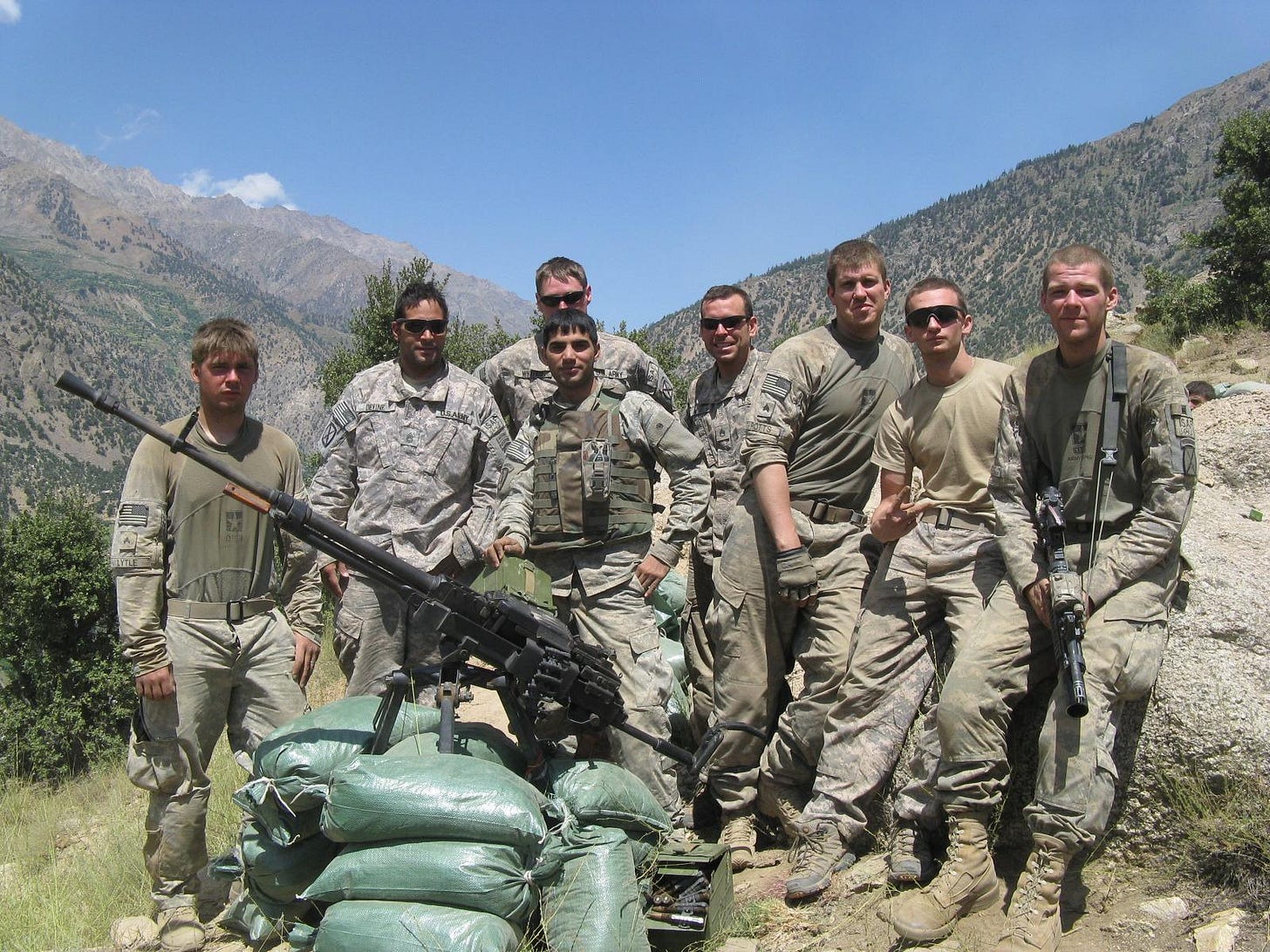
Despite the chaos and heavy fire, our mission was clear: to retrieve as many lives as possible. Among those we aimed to recover were three brave American soldiers and two Latvian troops who had been killed in action, along with two others who were critically wounded. As we pushed forward, I intercepted Taliban radio chatter. They used coded language, saying, “There are 18 parrots, 12 crows, and 2 puppies heading into the valley.”
It was chilling. Those codes referred to 18 American soldiers, 12 Afghan National Army soldiers, and two interpreters—myself included. But what followed was even more disturbing. The insurgents gave specific orders: kill the Afghans first. They called us traitors, infidels, and the eyes of the Americans. Their strategy was simple and brutal—eliminate the Afghan allies first so the Americans would be disoriented, vulnerable, and easier to target.
This mission was just one of many moments that revealed how Afghan interpreters and soldiers were often the first targets—because of our loyalty and sacrifice.
If the Secretary wants to know more about this battle, the stories of courage, and the sacrifices made by those who stood shoulder to shoulder with U.S. forces, I’d be honored to send her a signed copy of my book, Get the Terp Up Here.
Secretary Noem’s announcement was met with widespread backlash from people across all walks of life, including Iraq and Afghanistan combat veterans who understand all too well the pain, struggle, and uncertain fate their allies will face if forced out of a country they now call home. These unsung heroes lost everything in August 2021—a month etched into their memories as a time of horror and heartbreak. It serves as a haunting reminder of the immense price they paid for standing against tyranny and choosing to help in the fight against terror.
The cycle of violence they endured has left permanent scars—scars that go far beyond the physical. The trauma, the sleepless nights, the pain, and the invisible wounds remain. For many, healing feels like a distant hope that may take years—if it ever comes at all.
This decision undoubtedly represents a textbook betrayal—an unmistakable, shameful, and deeply cruel violation of the sacred promise the United States made to its allies. No mission, patrol, or operation succeeded without the dedication and sacrifice of the brave men and women who risked everything for the cause of freedom.
If the administration chooses to abandon those who stood by us in our time of need, it will send a chilling message to the world—and make it nearly impossible to gain the trust and support of future allies in times of conflict.
About the Author
Nasirullah John Safi is a former U.S. military combat interpreter who served alongside American forces for nearly a decade in Afghanistan. Beginning his service at just 15 years old, he played a vital role as a linguist, cultural advisor, and frontline interpreter during some of the war’s most dangerous missions and operations. He was also wounded in the line of duty. Now based in Oregon, he is an outspoken advocate for Afghan interpreters and refugees, a recognized public speaker, and a published author.
Nasirullah is the author of three books:
📘 Get the Terp Up Here! – A gripping memoir from the frontlines of Afghanistan.
📘 Indispensable – The untold stories of wartime interpreters and their sacrifices.
📘 A Thousand Miles to Freedom – A powerful narrative of escape, resilience, and hope.
He continues to share his story and fight for those still left behind.
If you have any questions or would like to invite him to share his insights, you can reach him at: Safi.nasirullah@gmail.com.



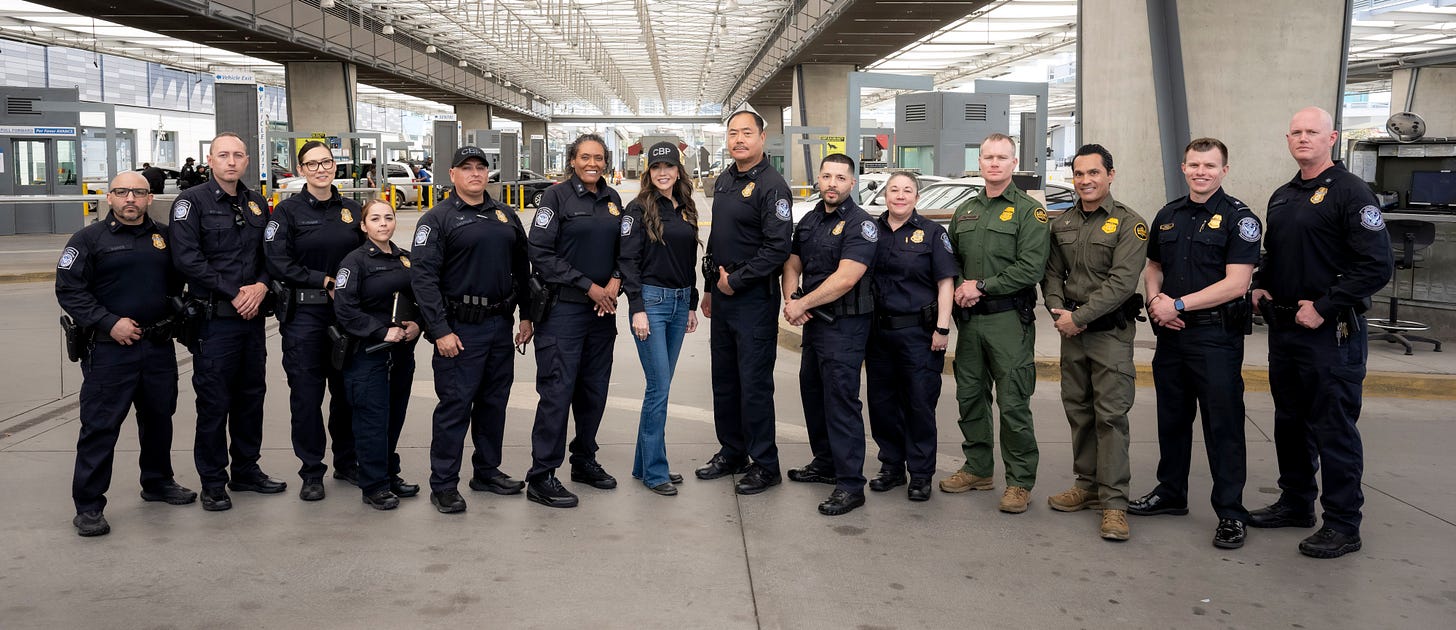
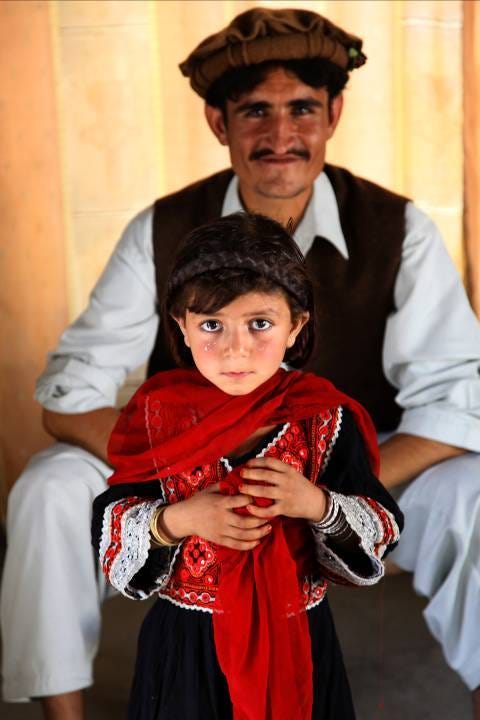
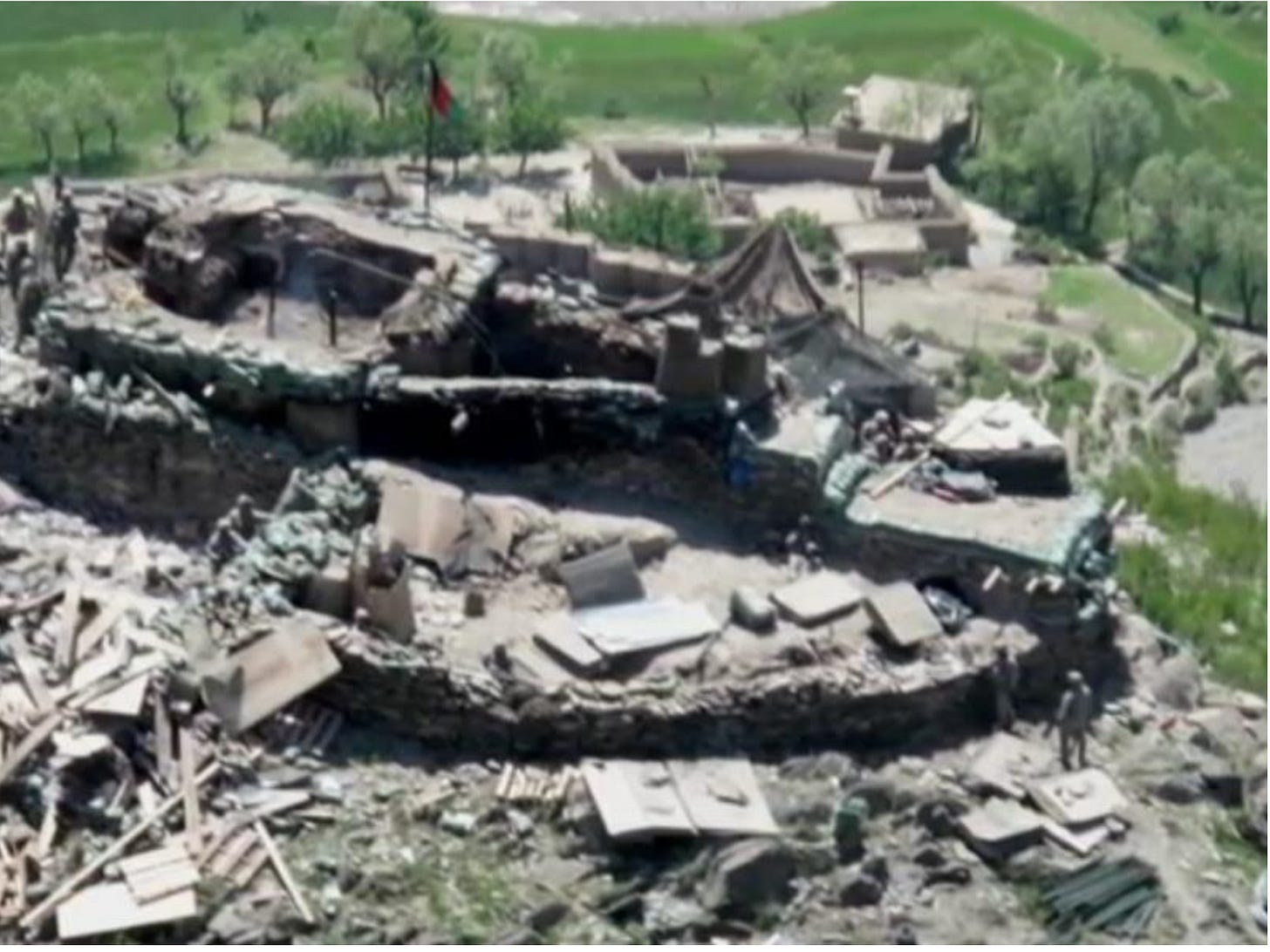
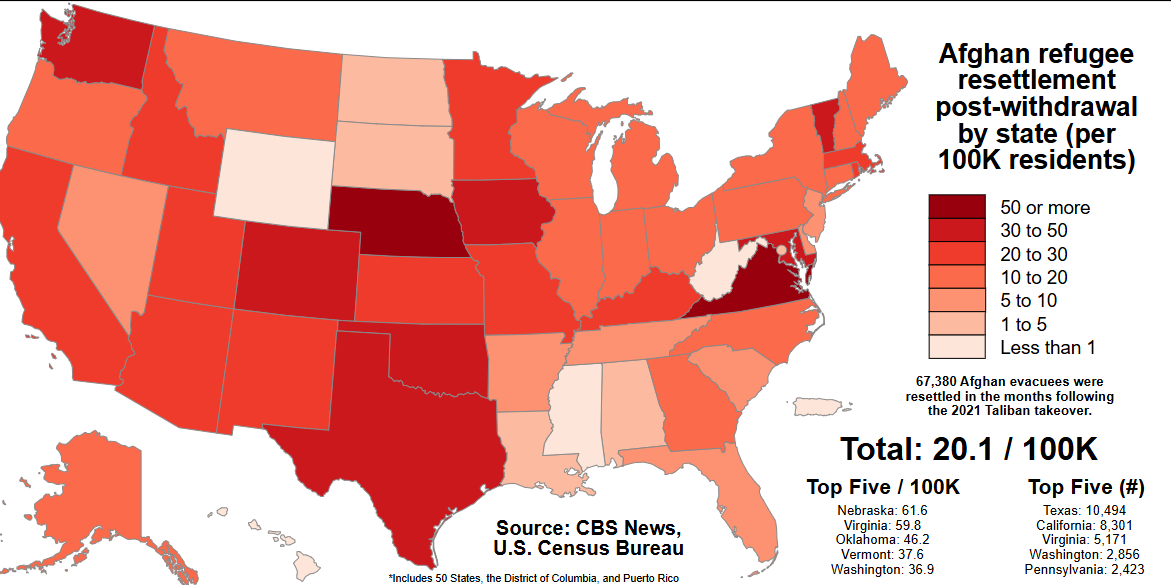
John, marday shojah hasteen. As an Afghan resident of the U.S., it takes great moral courage to publish such a strong critique of the current administration. Tashakor hastam!
The sad truth is they are not white. This is the most racist presidency ever.